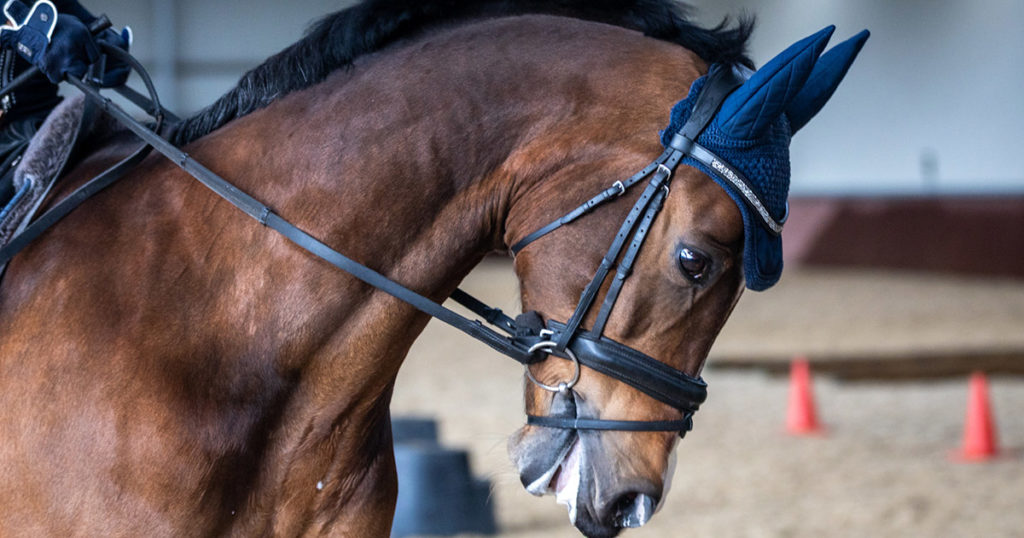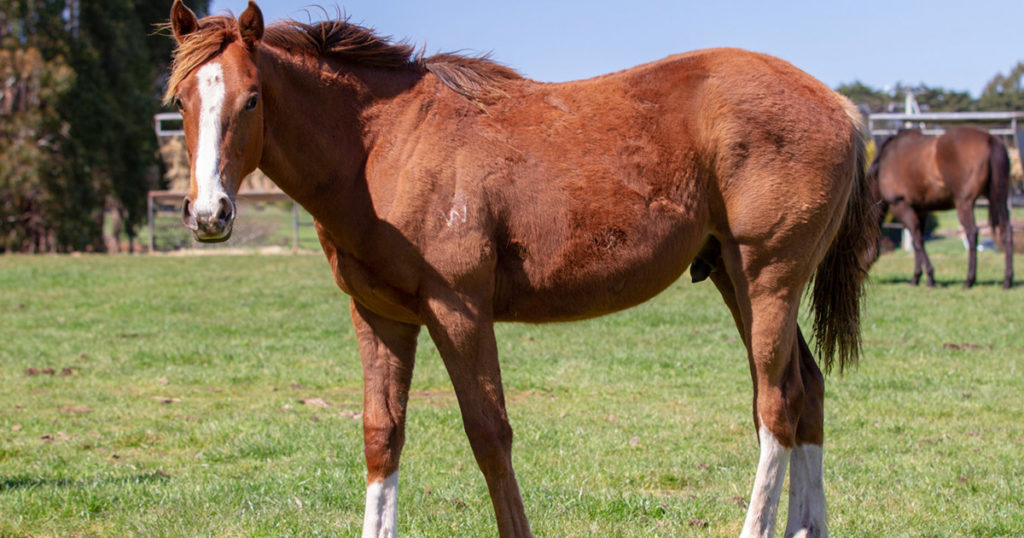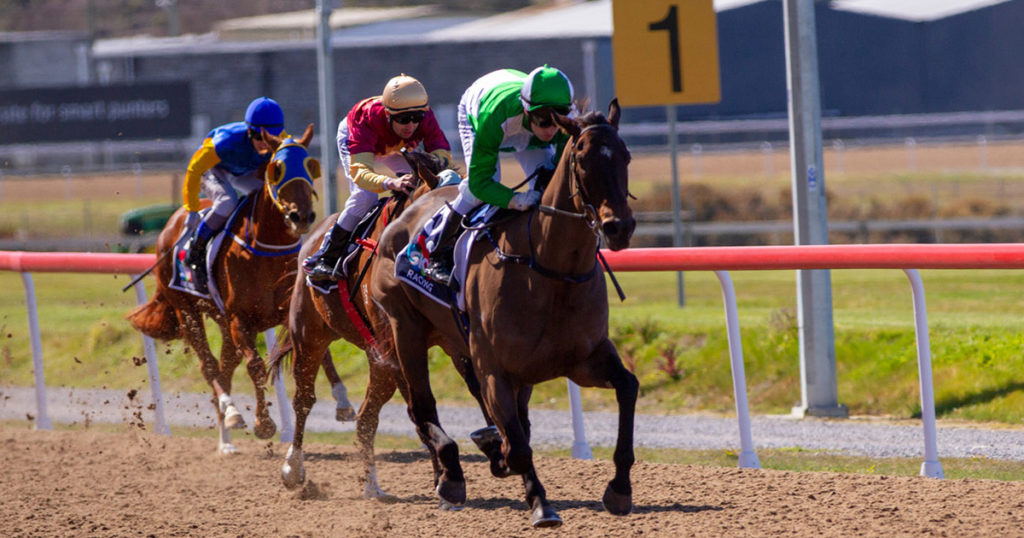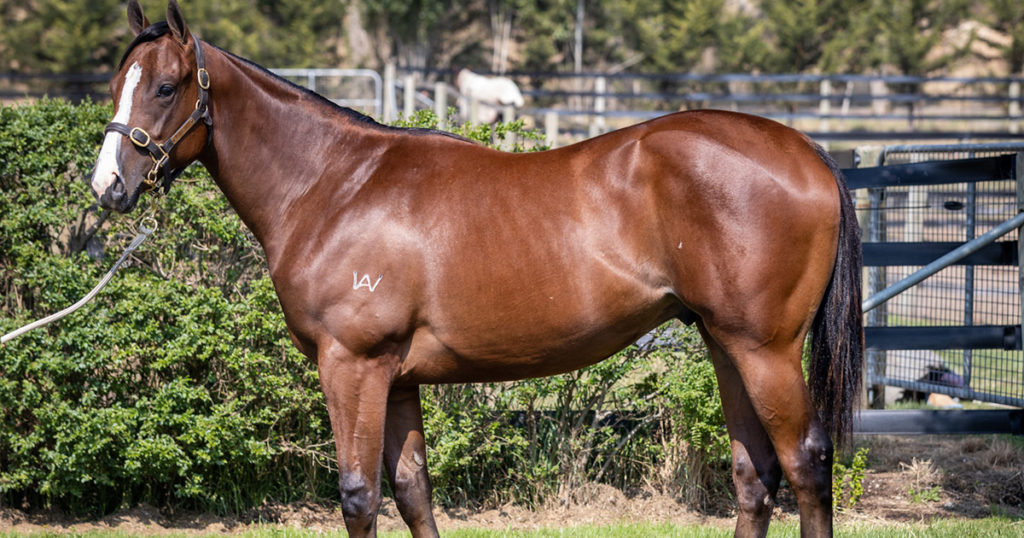When we think of the term ‘stress’, we often think of horses that pace the fence line, shy at non-existent monsters (!), call out incessantly when their paddock mate leaves and seem to poo cow pat like manure as soon as we saddle them. Whilst all these behaviours are clear outward signs of stress, it is important to remember that stress isn’t always obvious, and isn’t always reflected in behavioural changes. Stress caused by seemingly more subtle scenarios still results in the same physiological changes in the horse’s body.
It is well understood that performance and racehorses are subject to significant amounts of stress. This stress in and of itself can result in sub-optimal or poor performance in our horses. Performance aside, prolonged stress has a myriad of flow on effects to the overall health of our horses: it can compromise the wellbeing and function of the gastrointestinal system, the immune system, and the production and function of neurotransmitters (the brain chemicals influencing temperament and behaviour).
What is easily forgotten is that stress affecting our horse’s performance and well being does not necessarily have to originate from sources associated with training or the competitive event. Read that sentence again.
Performance and racehorses are exposed to a range of stressors most of which relate to the way they are kept, fed and managed (this is largely dictated by training regimes, available facilities or convenience). These are stressful because they affect the behavioural needs of the horse as a species.
Behavioural needs are species-specific highly motivated behaviours that are performed by an animal and more often than not have a functional role. The horse has some physiological ‘need’ to perform the behaviour. Foraging (grazing) is a primary example of this. In a natural environment, forage is generally available ad lib with a horse spending up to 70% of its day eating! For horses, the reduction of eating time to two meals per day can meet the nutritional requirements of the animal, but is unlikely to meet the horse’s behavioural need to forage. In the competition horse, restriction of behavioural needs induces a chronic stress response which will subsequently prevent optimal individual performance. It also has a significant flow on effect to gastrointestinal (gut) and immune health.
Some of the most basic feeding and management practices have the most profound influence on our horse’s health and performance. It can be easy to rush in and add the latest fad supplement to our horse’s feed to try and remedy a stressed horse or poorly performing horse, but it is more valuable to ask ourselves:
- What are some of the less obvious sources of stress in our horses?
- What are some of the dietary and management changes we can make for true lasting benefit?

Camilla Whishaw is a highly regarded, experienced horsewoman and naturopath, helping to holistically treat and manage a broad range of equine health conditions and injuries, with a passion for mare and stallion fertility.
As a world-renowned practitioner, presenter, author, and consultant in the field of Equine Naturopathy, Camilla shares her knowledge through keynote presentations, interviews, lectures, panel sessions, and workshop training.





